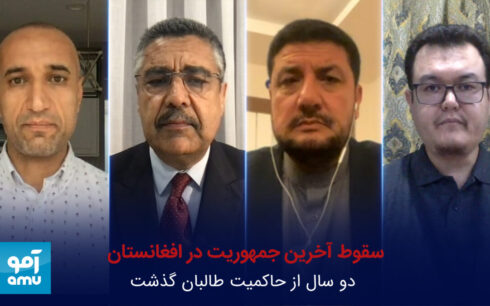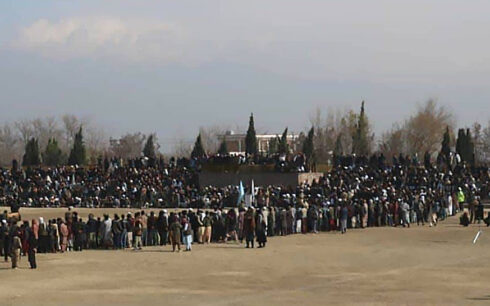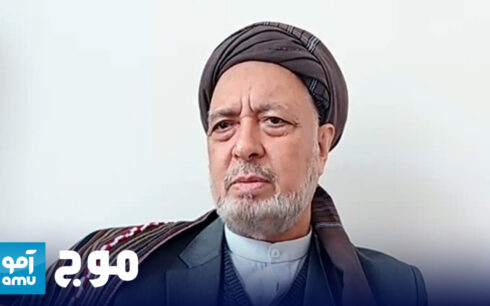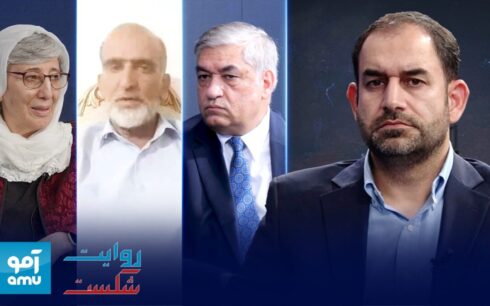Two years ago on this day, August 13, 2021, the provinces of Badghis, Ghor, Kandahar, Helmand, Zabul, and Uruzgan fell under the Taliban’s control and the country was a mere two days away from the fall of the republic government.
Until August 13, 2021, the Taliban had dominance over 17 provinces, which meant the former government had lost control over all provinces in the southern and western regions.
On the same day, the Taliban entered the Zafar Corps on the outskirts of Herat city in the west of the country. The group seized former minister and jihadi leader Mohammad Ismail Khan, along with a number of former local authorities who had been stationed at the corps. Until August 13, Ismail Khan was engaged in defending his city against the Taliban’s advance.
But August 13, 2021, marked the day when the Taliban’s white flag was raised in 17 provinces, while in the remaining 17 provinces, the three-colored republic flag still waved.
Meanwhile, in Kabul, the evacuation efforts intensified through Kabul airport. Sources indicated that the US had deployed 3,000 troops to the capital, while the UK sent 600 troops, and a few hundred soldiers from Canada were brought in to help manage the process and ensure airport security.
Former Badghis governor Hassamuddin Shams shared with Amu that he stopped fighting after a pact was brokered with the Taliban by local elders. He stated that based on his observation, his forces lacked the morale to continue the battle.
“We weren’t captured. We left the battlefield under an agreement. There was no motivation left to fight. Our values had diminished. Why would we fight?” he questioned.
Former Zabul governor Hamidullah Tokhi explained that continuing the battle in his southern province resembled a form of “suicide,” considering neighboring provinces had fallen and he faced equipment shortages.
“When Kandahar, Uruzgan, and Ghazni fell, fighting to maintain control over Zabul would have been suicidal for soldiers. If it could have led us somewhere, we would have been ready to continue,” Tokhi remarked.
Meanwhile, former Ghor governor Abdul Zahir Faiz Zada attributed the fall of his province to the Taliban on August 13, 2021, to a lack of attention from the former government.
“We were confronted with a shortage of weapons and all forms of equipment. The government’s attention had shifted away from Ghor as it focused on Herat. However, Ghor collapsed when the western zone fell,” he noted.
Following their entry into the Zafar Corps in Herat, a significant army base in the west, the Taliban apprehended former deputy interior minister Abdul Rahman Rahman and other former government officials who had sought refuge there. Although the Taliban released Ismail Khan, the circumstances surrounding their entry into the corps and the subsequent hostage situation remain unclear.

Global reaction
The UN Refugee Agency (UNHCR) meanwhile issued a statement on this day two years ago stating it was “alarmed by the unfolding humanitarian crisis in Afghanistan today. As widespread fighting intensifies, the United Nations in Afghanistan continues to call for a permanent ceasefire and a negotiated settlement in the interests of the Afghan people.”
The agency also stated the “human toll of spiraling hostilities is immense,” while the United Nations itself urged Afghanistan’s neighbors to keep their borders open as the number of civilians fleeing the Taliban onslaught swelled.
The World Food Program (WFP) meanwhile warned that food shortages were “dire”.
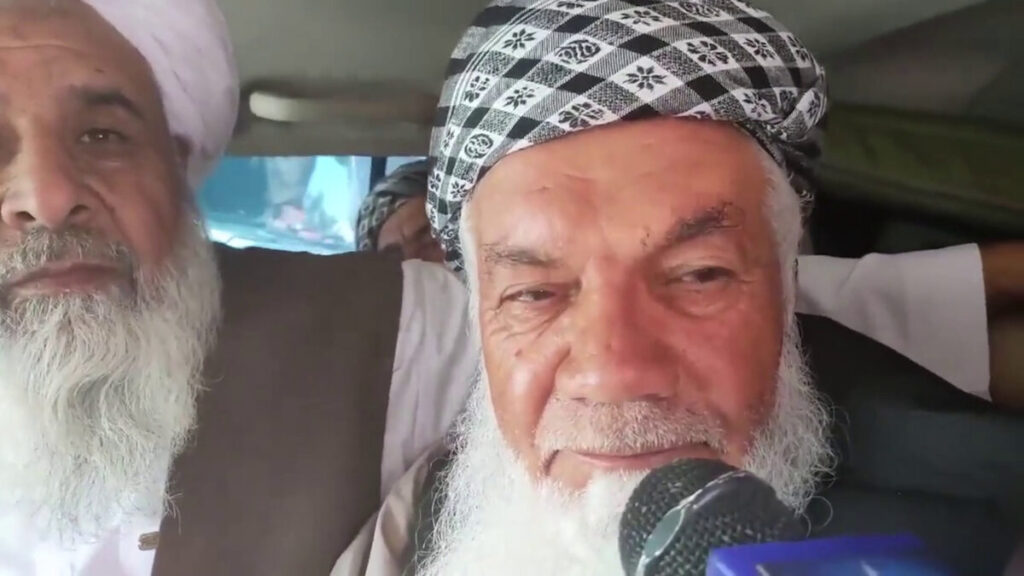
NATO allies meanwhile met on August 13, 2021 to discuss the deteriorating situation in Afghanistan. After the meeting, NATO Secretary General Jens Stoltenberg said the alliance “continues to assess the developments on the ground, and we are in constant contact with the Afghan authorities and the rest of the international community.”
Stoltenberg said NATO’s aim remained to support the republic government and security forces as much as possible. “The security of our personnel is paramount. NATO will maintain our diplomatic presence in Kabul, and continue to adjust as necessary.”
He also said: “The Taliban need to understand that they will not be recognised by the international community if they take the country by force. We remain committed to supporting a political solution to the conflict.”


